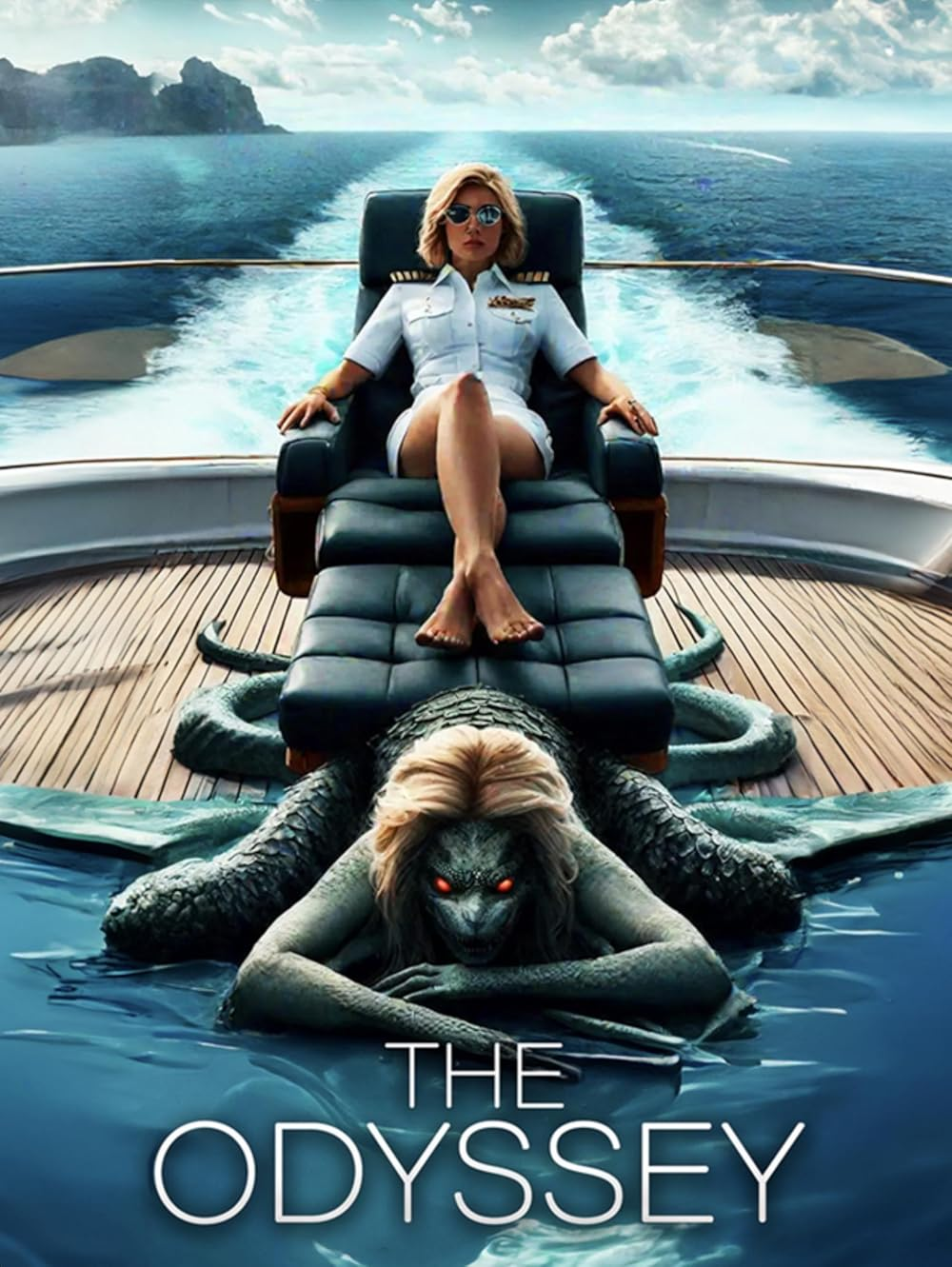The Odyssey, an epic masterpiece penned by Homer, has transcended time, continuing to captivate audiences for nearly 3,000 years. This timeless tale of adventure and self-discovery is at the forefront of contemporary culture, thanks to various adaptations, including a new translation by Daniel Mendelsohn and a highly anticipated film adaptation directed by Christopher Nolan. The Odyssey is not just a story; it’s a profound exploration of the human experience, showcasing the mesmerizing characters and intricate narratives that define Homeric epic poetry. From the cunning Odysseus to the devoted Penelope, the depth of these Odyssey characters adds to the poem’s rich legacy. As various Odyssey translations emerge, readers today are invited to delve into this ancient narrative anew, experiencing its enduring allure in fresh and engaging ways.
Homer’s legendary work, often recognized for its intricate storytelling, is experiencing a revival in modern interpretations. This narrative, sometimes referred to as the classic epic, has seen numerous renditions that enhance its accessibility and appeal. From innovative theatrical performances to cinematic retellings, the tale of Odysseus’s journey has become a cultural touchstone. With each new creative approach, audiences can explore the layered meanings behind the heroic exploits and complex relationships found within this cherished narrative. The journey of exploring this epic unfolds with every translation, inviting new generations to engage with its profound themes.
The Renaissance of ‘The Odyssey’: A Cultural Rediscovery
‘The Odyssey’ is experiencing a remarkable renaissance, captivating audiences anew with its timeless themes and characters. This rejuvenation is evident not only in the contemporary stage adaptation at the American Repertory Theater but also in the much-anticipated film adaptation by Christopher Nolan. With its rich narrative and complex characters, Homer’s epic poetry continues to resonate, proving that its allure transcends generations.
The recent translation by Daniel Mendelsohn has further ignited interest in the ancient text. By offering a fresh perspective on the classic, Mendelsohn’s rendition highlights the intricate layers of Odysseus’s journey, inviting readers to explore the deeper meanings behind his trials and tribulations. As audiences engage with these new interpretations, it becomes clear that ‘The Odyssey’ remains a vital work in the discourse of arts and culture.
Frequently Asked Questions
What themes are explored in Homer’s Odyssey?
Homer’s “Odyssey” explores themes such as the journey of self-discovery, the nature of heroism, loyalty, and the struggles between fate and free will. The epic poem delves into the complexities of character development, particularly through the trials of Odysseus, his cleverness, and the challenges faced by Penelope and Telemachus.
What are some popular translations of The Odyssey?
There are over 100 translations of Homer’s “Odyssey,” with notable ones including George Chapman’s first complete translation in 1616, Emily Wilson’s groundbreaking translation as the first female translator in 2017, and the works of Richmond Lattimore, Robert Fitzgerald, and Robert Fagles. Each translator offers a unique perspective on the epic poetry of Homer.
How has The Odyssey been adapted in modern culture?
Homer’s “Odyssey” has seen numerous adaptations in modern culture, including stage productions like the one at the American Repertory Theater and an upcoming film directed by Christopher Nolan. These adaptations reinterpret the timeless elements of the epic poem, bringing its rich narrative to new audiences.
Why is Odysseus considered a trickster in The Odyssey?
Odysseus is often regarded as a trickster in Homer’s “Odyssey” due to his cleverness and ability to navigate complex moral situations. Despite his flaws, he exemplifies how one can defy societal norms and expectations. This character archetype provides profound insights into human behavior and the nature of heroism within the epic poetry tradition.
What role does Penelope play in The Odyssey?
In Homer’s “Odyssey,” Penelope serves as a symbol of loyalty and intelligence. She cleverly navigates her circumstances while waiting for Odysseus’s return, demonstrating her astuteness and strength. Her character offers a compelling counterpoint to Odysseus, highlighting the importance of female agency within the epic narrative.
What can readers learn from The Odyssey?
Readers can learn valuable lessons from Homer’s “Odyssey” about perseverance, resilience, and the significance of home and family. The journey of Odysseus exemplifies the universal search for identity and belonging, encouraging readers to reflect on their own life journeys and the trials they face along the way.
What is the significance of the opening line of The Odyssey?
The opening line of Homer’s “Odyssey,” calling upon the Muse to sing of ‘the man of twists and turns,’ sets the tone for the epic. It highlights Odysseus’s complex character and foreshadows the multifaceted journey he will undertake, emphasizing themes of identity and transformation throughout the poem.
How has The Odyssey influenced modern literature and film?
Homer’s “Odyssey” has profoundly influenced both modern literature and film, inspiring countless works that echo its themes, structure, and character archetypes. The narrative’s exploration of adventure, love, and introspection can be seen in many contemporary stories, proving its enduring relevance in storytelling.
| Key Points |
|---|
| ‘The Odyssey’ is experiencing a renaissance with new adaptations and translations. |
| Classicist Greg Nagy highlights the epic allure of Homer’s work and its profound impact over nearly 3,000 years. |
| Homer’s works originated in coastal Asia Minor and evolved significantly in later Greek history. |
| Greg Nagy favors George Chapman’s translation, as well as Emily Wilson’s modern interpretation. |
| Odysseus is characterized as a clever trickster, demonstrating complex moral and social understanding. |
| Penelope is celebrated for her intelligence and loyalty, seen as equally significant as Odysseus. |
| The epic teaches lessons about the human journey, emphasizing personal growth and self-discovery. |
Summary
The Odyssey continues to captivate audiences today, reaffirming its status as a timeless masterpiece of literature. From its ancient roots to contemporary adaptations, such as films and stage productions, the themes of adventure, identity, and morality resonate strongly with modern readers. By exploring the character of Odysseus and the wisdom of Penelope, the narrative presents profound lessons about the human experience and the quest for understanding oneself. Engaging with The Odyssey not only enriches our appreciation of classical literature but also offers insights that are applicable in our own journeys through life.


